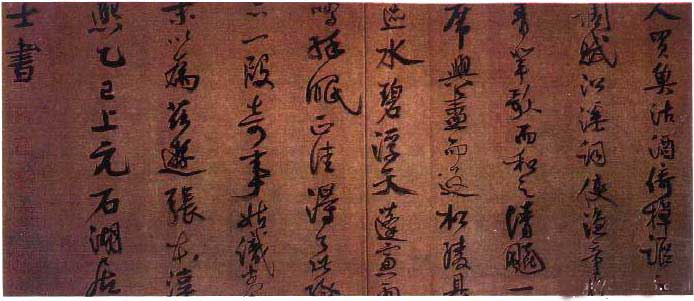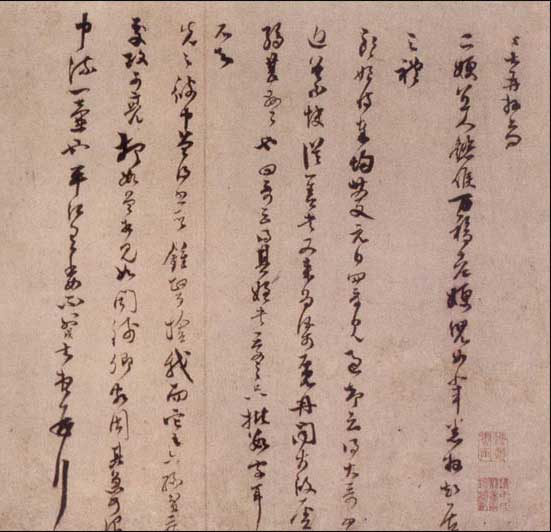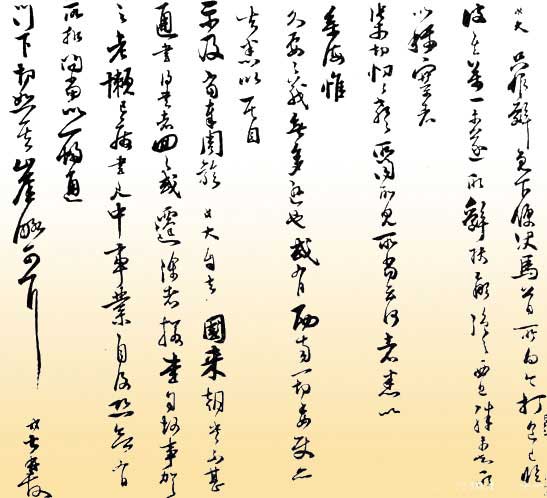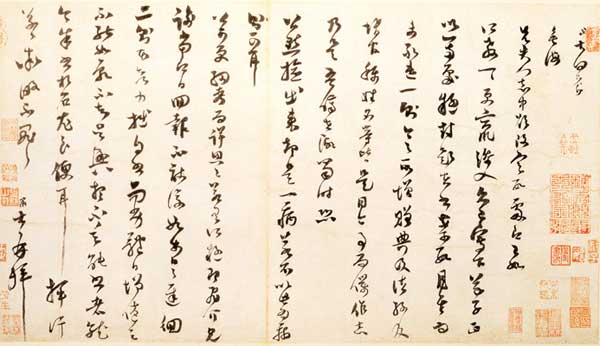Fan Chengda (1126-1193), courtesy name Zhineng and Shihu Jushi, was a native of Wu County (now Suzhou, Jiangsu Province). In the 24th year of Emperor Gaozong's reign in Shaoxing (1154), he was a Jinshi and went to the Kingdom of Jin as a bachelor of the Zizheng Palace in Qilangjia. He fulfilled his mission and returned home with the exception of Zhongshu Sheren. During the reign of Emperor Xiaozong, in addition to the Fuwen Pavilion and the envoys in Sichuan. Later, he was dismissed as the Minister of the Ministry of Personnel, became a minister of political affairs, entered the Zizheng Hall as a bachelor, led the Dongxiao Palace, and became a bachelor. In his later years, he lived in seclusion in his hometown of Shihu. He has a close friendship with Lu You. Chengda is talented and has a reputation for literature. Taking advantage of the current abuses, he supported the fight against gold. He was good at writing pastoral poems, his poetic style was inherited from the Tang Dynasty, he sympathized with the suffering of the people, and had a great influence on later generations. Not only good at poetry, but also good at calligraphy. The calligraphy is concealed by the title of the poem. Gong Shuhan was good at cursive calligraphy. He learned from Huang Tingjian and Mi Fu, and then changed his style and became his own family. His writing is charming and lovely, businesslike, elegant and elegant, and his writing is smooth and natural.
"Xisai Fishing Society Picture Scroll and Postscript" Collection of the Metropolitan Museum of Art, New York, USA

"Zhongliu Yipot Post"

"Urgent post"

"Urgent Post", written in cursive script by Fan Cheng, ink, on paper, 32.9 centimeters long and 42.8 centimeters wide. There are twelve lines, each line has a different number of words, totaling 151 words.
Explanation:
Cheng Da only waited for his words to come out urgently, and then decided where the horse's head would go. Now that the package has arrived, in case it fails, I will help the powerful West to win, and I will give you my instructions. This is the meaning of long-term importance, and it is no less important. If there are any envoys from the southwest, they should also be informed with their eyes and should follow them around. Cheng Da has been away from home since then, and the nobles in the imperial court are not very familiar with books. Those who get the books will return them, or those who move away will take pictures of the books to congratulate them. The lazy old man has given up his career in the book and ruler, and he is afraid that he will ask questions in the future, so he should use a picture to open the door and forgive the cliff. Become a big and then repeat.
"Fu Xuan Ye Lu" written by Chen Chang of the Song Dynasty says: "Shihu Gongxing and cursive calligraphy, together with Zhang Yuhu, studied Baojin and Jin, and each modified it. Although it is not completely consistent with the ancients, it has its own spirit, which is enough to be noble." Ming Tao Zongyi's " "Shu Shi Hui Yao" said that Fan Chengda's "characters are Huang Tingjian and Mi Fu. Although the rhyme is not as good as the rhyme, the emotion is considerable." These two book reviews reveal the teacher-inheritance relationship of Fan Chengda's calligraphy and the achievements he has made. Although the letter "Urgent Post" is small in length, with only more than 150 words, its artistic characteristics of "strong and elegant", "quaint and tranquil" and "romantic and uninhibited" leave a very deep impression on the viewers, from which we can You can get a glimpse of the author's distinctive personality and calligraphy style that reflects the times.

"Teaching Notes"
Ruler slip, papyrus, cursive script, 31.5 x 61.7cm, collected by the National Palace Museum, Taipei
This is a letter written by Fan Chengda to a friend living in Wuxing (now Wuxing, Zhejiang) when he was in the fourth year of Chunxi (1177). The letter not only explained to his friends why the epitaph written for him had not yet been completed, but also explained that due to his declining health, he might not be able to write the epitaph for him, and asked others to write it on his behalf and other related matters.
This letter from Fan Chengda is written in cursive. The calligrapher's careless ink strokes are continuous and smooth. There are many changes in the short strokes, which are full of rhythm and charm.








